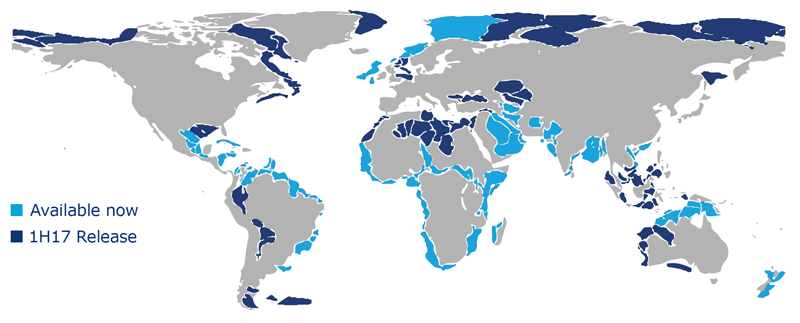 The first day of Rio Oil & Gas, at Riocentro, was marked by the presence of president Michel Temer, by the appointment, made by the Minister of Mines and Energy, Fernando Coelho Filho, of the new Director General of the National Agency of Petroleum (ANP), Decio Oddone, who will replace Magda Chambriard, currently in office, and also by the signature of a memorandum of understanding between Petrobras and the French oil company Total, and by authorities and the industry recognizing the need for greater competitiveness of the oil industry in order to attract investments and generate employment and income.
The first day of Rio Oil & Gas, at Riocentro, was marked by the presence of president Michel Temer, by the appointment, made by the Minister of Mines and Energy, Fernando Coelho Filho, of the new Director General of the National Agency of Petroleum (ANP), Decio Oddone, who will replace Magda Chambriard, currently in office, and also by the signature of a memorandum of understanding between Petrobras and the French oil company Total, and by authorities and the industry recognizing the need for greater competitiveness of the oil industry in order to attract investments and generate employment and income.
An important step to increase competitiveness in the national oil industry was the approval by the Lower House of the draft bill that ends with the figure of Petrobras as the single operator of the pre-salt. That was acknowledged by President Temer himself, by Petrobras’ CEO, Pedro Parente, and by the president of the Brazilian Petroleum, Gas and Biofuels Institute, Jorge Camargo during the opening of the largest oil and gas event in Latin America.
The event was also the venue for the Memorandum of Understanding signed between Petrobras and the French oil company Total, consolidating a strategic alliance for the Exploration, Production and Gas & Power branches. The announcement was made by Parente and by Total’s Global CEO, Patrick Pouyanné, at a press conference.
According to Parente, the memorandum started to be drafted earlier this year, but it does not imply any legal binding. However, it represents a very sound line of intentions and may include areas in which the partnership is already in force, or in future fields. The idea is that the companies shall remain close both for divestments and for new businesses. The state company shall set until the end of the year the projects in which it will partner up with the French oil company.
Total’s Global CEO, Patrick Pouyanné, highlighted that he appreciates the partnerships with Brazil, both here and abroad, stating that the company intends to extend the projects to other areas, such as exploration and production. "Brazil is a big market. There are many opportunities", he said.
Also at Rio Oil & Gas, Prumo Logística and GranEnergia announced the creation of a new company that will provide integrated logistics solutions and services for the oil and gas industry, which will start operating in November, at the Port of Açu. Dome was created with the purpose of contributing to greater efficiency and optimization of costs in projects and operations of the industry, focused also on integrity management and vessel and equipment modernization. The company will cover an area of 47,000 square meters in the Port of Açu, in a privileged location, at the entrance of the channel.
Petrobras - new moment
At a lunch-lecture that addressed Petrobras’ new paths, the executive director of Strategy, Organization and Management System of the company, Nelson Silva, explained that the company's new business plan is primarily driven by the new economic outlook that focuses on generating results. "The strategic plan was widely discussed and is linked to the company’s business plan. We are questioning where the company wants to be in 20 years. The company wants to be an integrated energy company focused on oil and gas that evolves along with society, adding value through its deep technical abilities", he stated.
Silva said that Petrobras considers two metrics with the same weight: to achieve the financial target, which is to reduce the leverage of the net debt (EBITDA) from 5.3 million in 2015 to 2.5 million in 2018 and to mitigate risks, reducing by 36% the rate of recorded casualties (TAR*) from 2.2 in 2015 to 1.4 in 2018. "A US $ 6.3-billion debt is equivalent, for example, to what we refrained from investing in a new production unit. That is the reason for our urgency to speed up the reduction of the debt so we can go back to re-invest in the company’s core business", explained the director.
Competitiveness
At a plenary session, Andy Brown, Shell’s Global Vice-President of Exploration and Production, drew attention to the competition for investments in the world, highlighting the billion-dollar decrease in investments this year and the importance of stability and regulatory environments in such a competitive world. To illustrate opportunities in Brazil, he mentioned the work in partnership with Petrobras and the constructive dialogue with the government and regulating bodies.
The importance of Brazil’s global competitiveness was also highlighted by the president of Statoil in Brazil, Päl Eitrheim. The executive emphasized the size of the Brazilian market and the strength of its institutions.
Petrobras’ director of Exploration and Production, Solange Guedes, said the stage that the industry is going through requires cost optimization and she also reported that Petrobras was able to reduce by 28% its extraction costs in the pre-salt in the last two years. "The repetition of the learning cycle leaves a legacy, which is the base of a solid and robust knowledge that allows us to deliver an even more competitive industry to Brazil."
Refining
Petrobras’ director of Refining and Gas, Jorge Celestino, estimated supply prospects in the country, according to economic and regulatory aspects. According to Celestino, in recent years there has been a strong growth in fuel demand in Brazil, followed by the increase of import of derivatives. "Brazil has a vocation to export and can count on a privileged geographical position with access to the pre-salt layer, but it faces an external crisis and also the global competition, which renders unfeasible the construction of refineries for exporting”, he said.
Celestino pointed out that, right now, "the encouragement to the operation of other companies in the downstream branch and the partnership with third parties to expand its refining capacity are the milestones of Petrobras’ new approach."
Gas
Experts also concluded that Petrobras’ sale of assets paved the way for the development of the Brazilian gas market, which, in order to advance, will need to have its rules changed, in addition to a greater integration between the links of the chain.
Roberto Schloesser, coordinator of the Study Group on Natural Gas at IBP, said the new scenario requires regulation changes and the creation of a central agency to regulate the industry and to develop the foundations of a "true natural gas market in the country "- which should provide for access rules and have liquidity and stability.
Danny Hard, General Manager of Anadarko for Brazil and the Gulf of Mexico, mentioned the project that integrated the fields of the Independent Hub, which brings together 12 offshore areas in the US Gulf of Mexico. "We managed to develop these reserves and start production in an integrated manner, in just 4 years and a half."
Arenas
Rio Oil & Gas also presented the first edition of the Technology Arena. "For four days, we will have lectures about the fascinating world of technology, startups, strong-base companies, etc. May innovation remain as the fuel for work in the companies", summed up the Secretary General of IBP, Milton Costa Filho. He also pointed out that IBP has collaborated with Lloyd's Register Energy to develop a research focused in Brazil in order to develop enhanced policies for the country.
With the subject "Prospects and Challenges for the Oil and Gas Industry", the Knowledge Arena was opened addressing one of the main current issues of the oil industry worldwide: changes in the energy matrix and its impact on the industry. IBP’s economic analysis manager, Luciana Nunes, opened the debate noting that energy consumption has doubled in the last 30 years, but the discussion today revolves around how the global consumption trends may affect these figures.
It is true fact that the oil industry – which in 2015 accounted for 46% of all investments in energy in the world, while renewable energy were ranked second, with only 17% of the market share - needs to adapt to the new era, warns Luciana. An industry that has been following technological changes that will also affect the demand for energy in the world, as is the case of electric cars. The figures show, however, that even if the world car fleet remains the same, in 2030 electric cars will only account for 11% of the world fleet. Today this share does not even reach 0.2%.
With the expected market opening, experts debated two important issues in the Financial Forum: the arrival of new companies that will demand services and a possible change in the way that projects are funded. "Both the country and the industry must have a reform agenda. However, such reforms have no use if the players are not aware of them. Brazil must absolutely implement a communication program for its players", said Fernanda Custodio, EDC’s manager for Latin America.
The traditional Sustainability Arena - formerly known as Social Responsibility Arena - aimed to show that the oil and gas industry is in line with the sustainability discourse. The event addressed the 17 sustainable development objectives proposed by the United Nations as a replacement to the "Millennium Development Goals", a legacy of Rio + 20, as well as the initiatives proposed by the oil industry to mitigate the impacts.


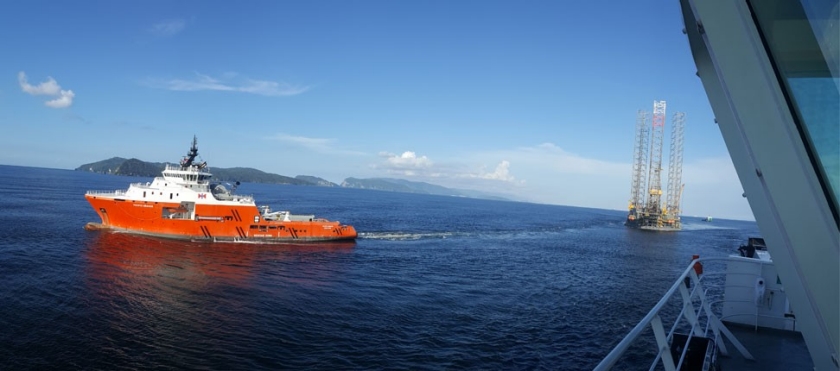 Photo courtesy: BP
Photo courtesy: BP
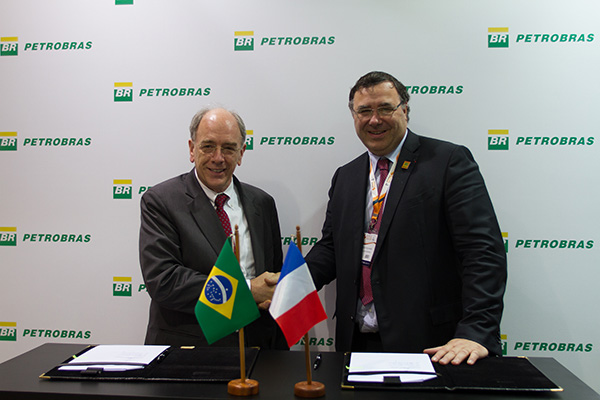 Petrobras CEO, Pedro Parente, and the CEO of Total, Patrick Pouyanne. Photo courtesy: Petrobras
Petrobras CEO, Pedro Parente, and the CEO of Total, Patrick Pouyanne. Photo courtesy: Petrobras Leading global energy services company entrusts
Leading global energy services company entrusts 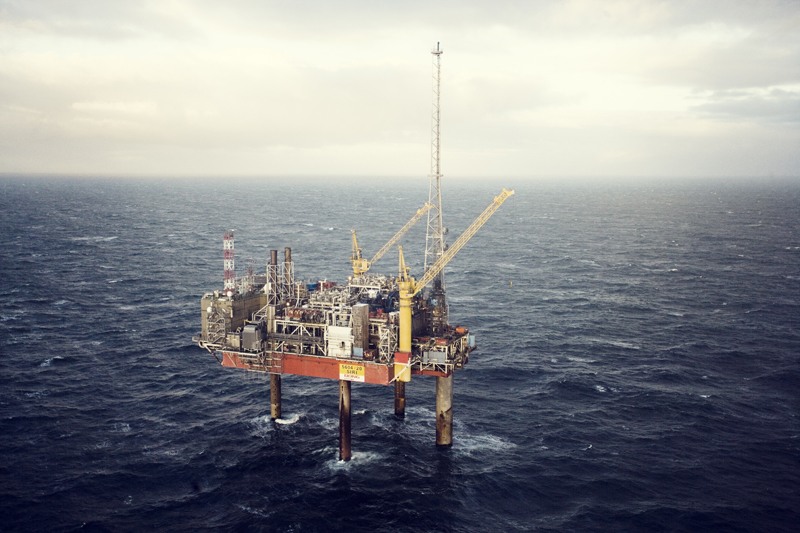 Siri Platform. Photo courtesy: DONG Energy
Siri Platform. Photo courtesy: DONG Energy Hyperdynamics Corporation
Hyperdynamics Corporation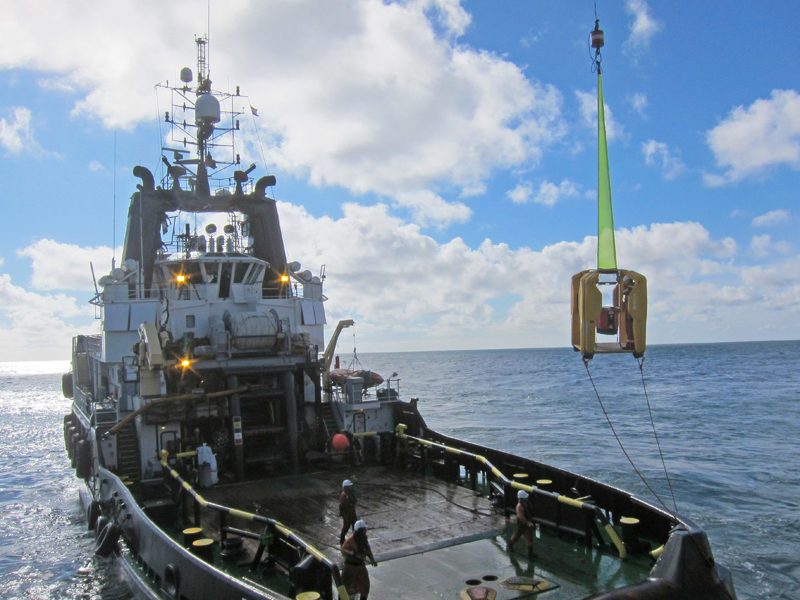
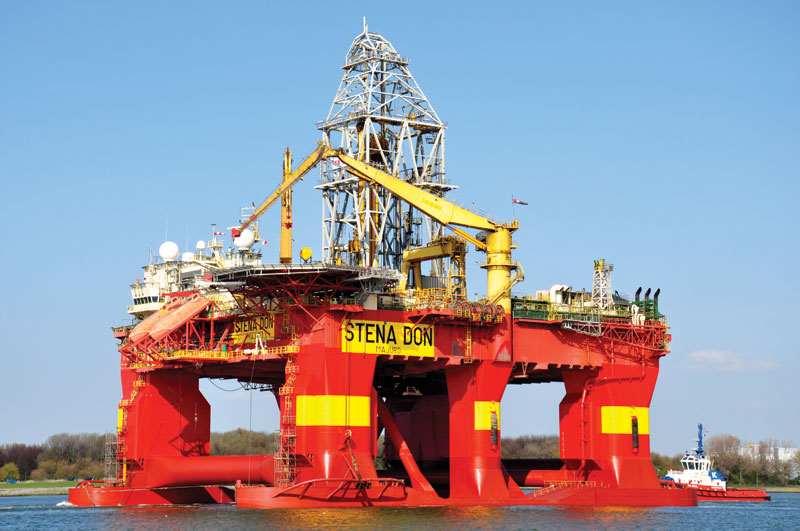
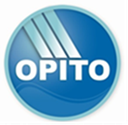 BRUNEI has become the first country in the world to commission International Minimum Industry Standard Training (IMIST), reaffirming its strong commitment towards ensuring the safety of its 20,000-strong oil and gas industry workforce.
BRUNEI has become the first country in the world to commission International Minimum Industry Standard Training (IMIST), reaffirming its strong commitment towards ensuring the safety of its 20,000-strong oil and gas industry workforce. In the event, the Ministry of Mines and Energy also advocated lower payments of royalties for small and medium-sized onshore companies
In the event, the Ministry of Mines and Energy also advocated lower payments of royalties for small and medium-sized onshore companies The first day of
The first day of 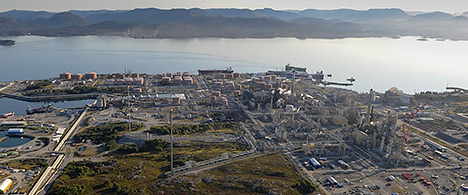
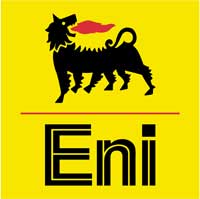 Eni
Eni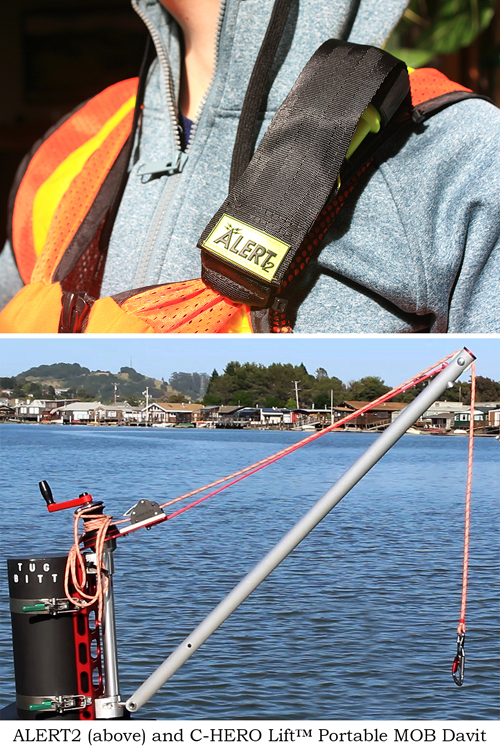 Tugboat companies complying with Subchapter M regulations are required to have man overboard (MOB) procedures in place, including a way of retrieving crew who have fallen overboard. C-HERO has put together a package to help tug and barge workers fulfill this mandate, the MOB Total Solution. The system includes the
Tugboat companies complying with Subchapter M regulations are required to have man overboard (MOB) procedures in place, including a way of retrieving crew who have fallen overboard. C-HERO has put together a package to help tug and barge workers fulfill this mandate, the MOB Total Solution. The system includes the 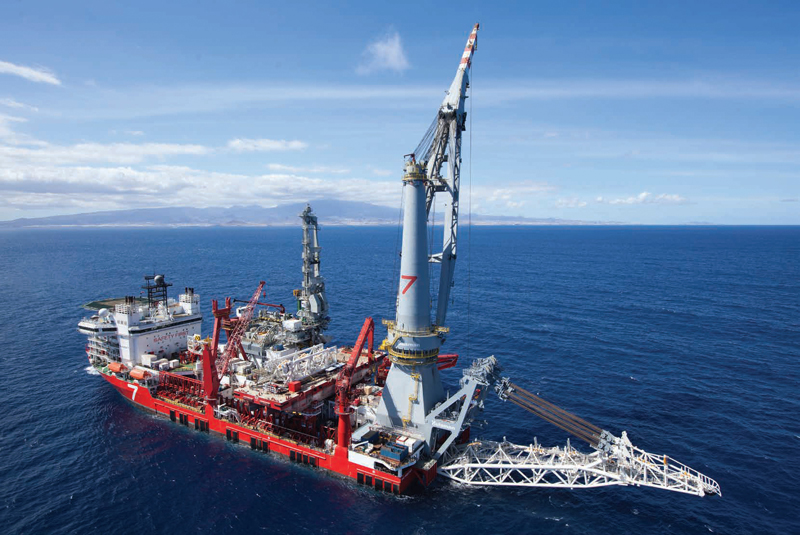 Seven Borealis. Photo courtesy: Subsea 7
Seven Borealis. Photo courtesy: Subsea 7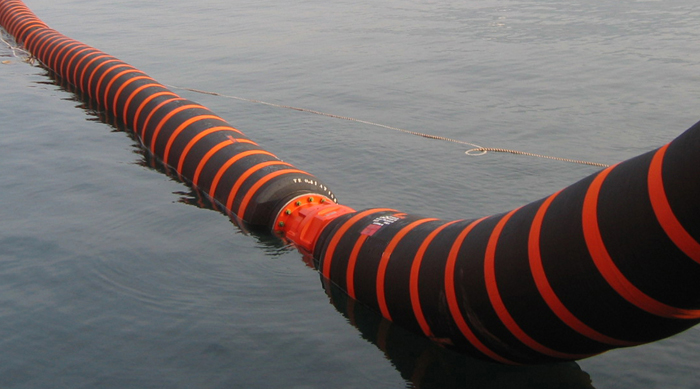 The world’s leading manufacturer and supplier of Anti-Pollution and
The world’s leading manufacturer and supplier of Anti-Pollution and 